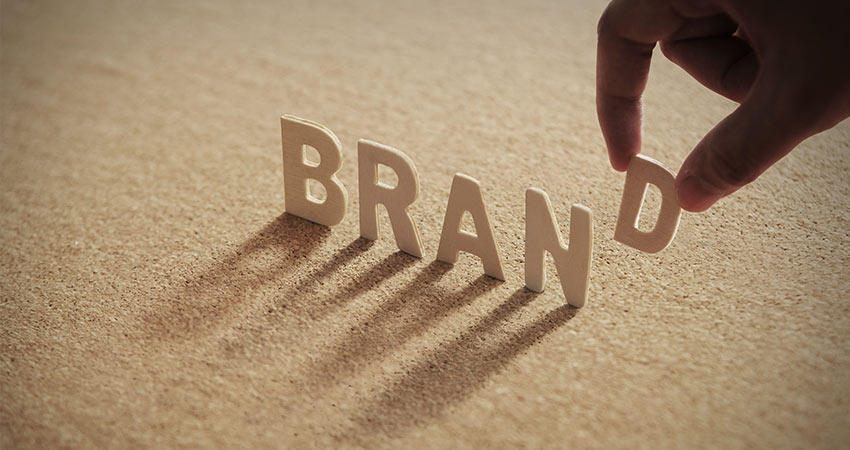The yo-yo, chicle, velcro, and jacuzzi seem to have nothing in common. However, all share the ignominy of having been trademarks that became common nouns. That is why, for example, when mentioning a jacuzzi, one may think of a “hydromassage bathtub” (definition given by the Royal Spanish Academy) and not associate the word with a specific brand or company.
This phenomenon is known as the genericization (“loss of secondary meaning”) of brands, in which consumers do not associate the word with a specific business origin, but change the meaning to become the very way to call a product. In other words, and ironic as it may seem, these brands are so successful that they lose all value, as they cease to be distinctive. On many occasions, when their holders try to avoid genericization, it is too late.
To avoid this situation brand owners must take appropriate preventive measures. The most common mistake is to allow (sometimes with some pride) that consumers refer to the product using their brand name, e.g. the toleration over time of consumers saying “chicle” instead of “chewing gum”.
Another important action is to promote the brand’s proprietary uniqueness use by defending against another merchant using the brand as the name of a product. Such defense can range from sending an extrajudicial protest to the filing of appropriate legal actions. In addition, it is important that whenever the owner uses the brand name to indicate its ongoing protection by using the symbol or abbreviation for a registered trademark (® or MR).
Some companies have made significant efforts to prevent their brand from being lost by genericization. Some international examples have been the advertising campaigns carried out by the holders of the brands Lycra®, Tampax®, Kleenex®, Xerox®, and others. These brands have become so popular that their owners have had to make great efforts to “educate” consumers, to clarify that they are brands and not the name of a product.
Recently, as reported in the press, a discussion in Costa Rica was whether the word “Chifrijo” is a commercial brand (as its creators claim), or if it is a generic term. First impressions suggest that we are dealing with a situation where, although at one time it was a commercial brand, defensive actions to preserve the name were delayed overly long, since for several years the brand’s usage had become widespread and may have lost its distinctive strength (to the point that in 2006 its registration was rejected on the grounds that it is a generic term). Plaintiffs clearly support the opposite position. Everything indicates that the final word, in this case, will be the courts of justice.
BLP.



